From 1st of July 2018, amendments related to revised training requirements for Masters and Deck Officers onboard ships operating in Polar Water have come into force. Namely, the STCW has been amended with a new regulation V/4 , according to which, two main trainings are defined: the basic and the advance training.
Background
The safety of ships operating in challenging polar areas and the protection of the pristine environments in the Arctic and Antarctic region have always been key issues in IMO’s agenda. Thus, the Polar Code entered into force on 1st of January 2017, to address important issues in the range of design, construction, equipment, operational, training and environmental protection.
[smlsubform prepend=”GET THE SAFETY4SEA IN YOUR INBOX!” showname=false emailtxt=”” emailholder=”Enter your email address” showsubmit=true submittxt=”Submit” jsthanks=false thankyou=”Thank you for subscribing to our mailing list”]
Chapter 12 of the Code on manning and training says that companies must ensure that masters, chief mates and officers in charge of a navigational watch on board ships operating in polar waters have completed appropriate training, taking into account the provisions of the STCW and its related STCW Code.
The mandatory minimum requirements for the training and qualifications of masters and deck officers on ships operating in polar waters were adopted by IMO’s MSC in November 2016. From 1st of July 2018, these have become mandatory under the STCW Convention and the STCW Code.
Two types of training & certification requirements
1. Basic Certificate of Proficiency
The basic training is applicable for masters, chief mates and officers in charge of a navigational watch on ships operating in polar waters. They have to do an approved basic training course in order to apply for a Certificate of Proficiency (CoP).
2. Advanced Certificate of Proficiency
The advanced training is applicable for masters and chief mates on ships operating in polar waters. They have to have a basic certificate, at least two months of approved seagoing service in the deck department at management level or while performing watchkeeping duties in the operational level and of course completed the advanced training course.
The following table summarizes the appropriate level of training required by the Polar Code., as per paragr. 12.3.1 of the Code.
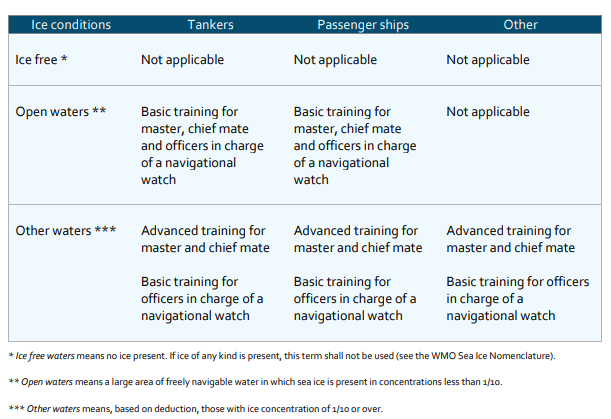
Transitional period until July 2020
Until 1st July 2020, seafarers who commenced approved seagoing service in polar waters prior to 1 st July 2018 will be considered as having met the requirements of a basic training either by:
- Having completed approved seagoing service on board ships operating in polar waters, performing duties in the deck department at the operational or management level, for a period of at least three months in total during the preceding five years; OR
- Having successfully completed a training course meeting the training guidance established by the IMO (section B-V/g of the STCW Code) for ships operating in polar waters.
Until 1st July 2020, seafarers who commenced approved seagoing service in polar waters prior to 1 st July 2018 will be considered as having met the requirements of an advanced training either by:
- Having completed approved sea service of at least three months at the management level, during the preceding five (5) years on board ships operating In polar waters; OR
- Having successfully completed a training course meeting the training guidance established by the IMO (section B-V/g of the STCW Code) for ships operating in polar waters and having completed approved seagoing service on board a ship operating in polar waters, performing duties in the deck department at the management level, for a period of at least two (2) months in total during the preceding five (5) year.
Dos for shipping organizations
In an informative guidance for the training requirements for ships operating in polar water, ICS advises the following key steps to be considered by the shipping organization in order to ensure applicable personnel are properly qualified and certificated:
√ Identify the manning and training requirements as per Chapter 12 (Polar Code) and Refulation V/4 ( STCW);
√ Identify whether personnel completing training courses/programmes meeting the provisions of the guidance found in Section B-V/g of the STCW Code (e.g. existing national training courses/programmes) would be sufficient training for service on ships operating in polar waters;
√ Identify the Masters and deck officers on board their ships that will be required to be qualified and certificated in accordance with Regulation V/4 and identify the appropriate levels of training, taking into account the specific ship types and operations;
√ Consider the existing training completed related to operations in polar waters, certificates held or previous seagoing service by Masters and deck officer on board their ships to identify those who may require further training and the appropriate qualification routes to obtain the requisite certificates;
√ Consider approaches to ensuring applicable personnel are able to obtain the approved seagoing service required for the appropriate certificate (either within polar waters or equivalent approved seagoing service);
√ Consider existing or introduce arrangements or procedures for Masters and deck officers on board ships to record relevant seagoing service (within polar waters or equivalent approved seagoing service) and experience;
√ Consider the availability of approved training courses and issuance of certificates, consulting with the relevant Administrations and training providers, as necessary, to ensure the timely approval and availability of courses;
√ Facilitate the attendance of applicable personnel at training courses and completion of relevant seagoing service and experience to meet the requirements for certification; and
√ Consult with Administrations on the use of a person(s) other than the Master, chief mate or officers of the navigational watch to satisfy the requirements for training (i.e. an ice navigator) under the Polar Code, such as in view of the particular operations of their ships in polar waters or if difficulties are envisaged for applicable personnel to obtain the requisite certificates.
Explore more by reading MSC.416(97)
MSC.417 (97)




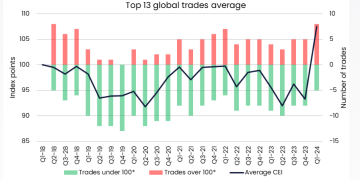
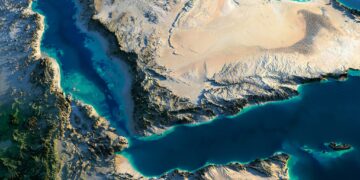







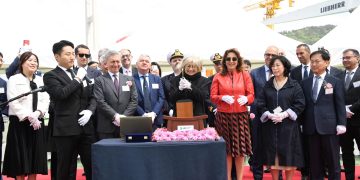









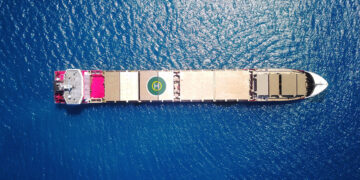







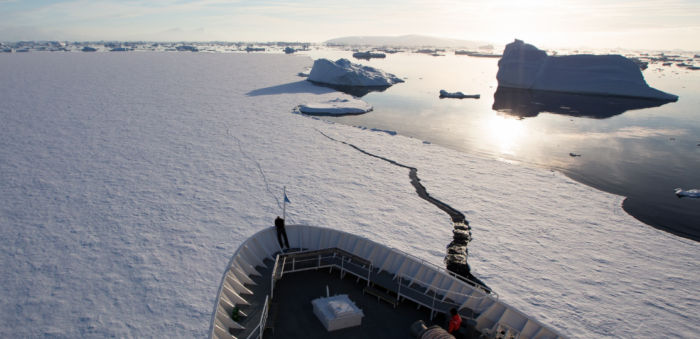




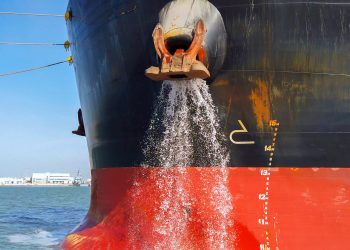



























Seaman salaries are not big due to the salaries being received by seaman are not just for 1 month expenses but for life span expenses. Seaman has no pension that could sustain their life.
If the IMO is truly for their purpose then the tantamount and still coming up trainings for seaman should be given FREE of charge.
As we all knows that the super numerous trainings being more increased in numbers are so expensive. And the private training centers who are connected to the members of the Goverment Maritim sectors are so much gaining huge money from seaman.
We should know that being a seaman needs to be knowlegeable of all course in colleges such as CE for strength of ship parts, Architectures for atowage plans drawings, doctors, nurses, lawyer, meteorologist, oceanographers, astrologies, to name some. So we should understand that everything the seaman should add to their mind is to make it simple not to make simple so complicated by adding so many paragraphs etc to simple topics. I do hope there will be a president to come in a nation that will see things to go right.
I hope thete will be light to shine by this.
Capt. Benedict Vasquez MM